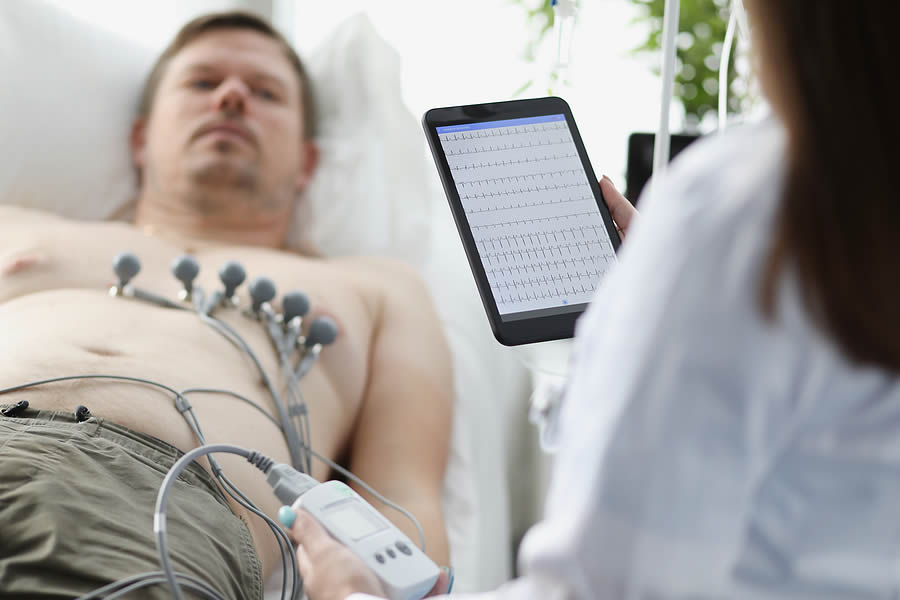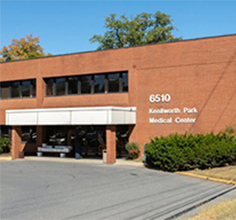
If you've ever experienced heart palpitations, shortness of breath, or dizziness, then you know how concerning it can be. These symptoms could be caused by a variety of factors, including stress, anxiety, or a more serious underlying heart condition. This is where a Holter monitor comes into play. In this brief article brought to you by the Southern Maryland Medical Group, we present a primer on the Holter monitor and share some benefits of Holter monitoring. If you are looking for a dependable primary care physician to consult with, then call Southern Maryland Medical Group to speak with a helpful member of our team today.
A Holter monitor is a small, wearable device that records the heart's electrical activity continuously for a period of 24-48 hours. The device is connected to the chest with electrodes, and is worn while going about a daily routine, including sleeping and exercising. These monitors are most often used to diagnose arrhythmias or irregular heartbeats, which may occur sporadically and may not be detected during a routine medical examination. In short, a Holter monitor keeps an "eye" on your heartbeat for one or two days.
A Holter monitor is typically recommended for people who are experiencing symptoms such as palpitations, fainting, dizziness, or shortness of breath that may be related to an underlying heart condition. It may also be used to monitor heart function in patients with a history of heart disease or those who have undergone a heart procedure, such as a pacemaker implantation.
One of the main benefits of a Holter monitor is its ability to record the heart's electrical activity over an extended period, which can provide a more comprehensive picture of the heart's function compared to a standard electrocardiogram done in the hospital or clinic. Holter monitors can help doctors identify specific patterns or triggers that may be contributing to an individual's symptoms and make more informed decisions about their treatment.
Holter monitors are also non-invasive and can be worn comfortably for 24 to 48 hours without interrupting an individual's daily activities. They are easy to use, requiring only a few small electrodes attached to the chest and connected to the monitor. Once the monitoring period is complete, the data can be downloaded and analyzed by a doctor or technician, who can then make a diagnosis and recommend appropriate treatment options going forward.
If your primary care doctors recommended a Holter monitor, or you are considering one, then there are some things to consider:
Your primary care physician at Southern Maryland Medical Group will address everything you need to know if a Holter monitor is recommended for you. If you are concerned about your heartbeat or heart, then see a doctor as soon as possible.
Southern Maryland Medical Group has 3 convenient locations to provide professional medical care services in the Southern Maryland area. Call or schedule an appointment with one of our locations to get medical care help.

5801 Allentown Road, Suite 400 Camp Spring, MD 20746
Phone: 301-868- 0150
Billing Inquiries: 301-552-1270
Fax: 301-868-0243

7500 Greenway Center, Dr #1200 Greenbelt, MD 20770
Phone: 301-486-7580
Billing Inquiries: 301-552-1270
Fax: 301-486-7581

6510 Kenilworth Ave, Ste 1400, Riverdale MD 20737
Phone: 301-618-0771
Billing Inquiries: 301-552-1270
Fax: 301-618-0772